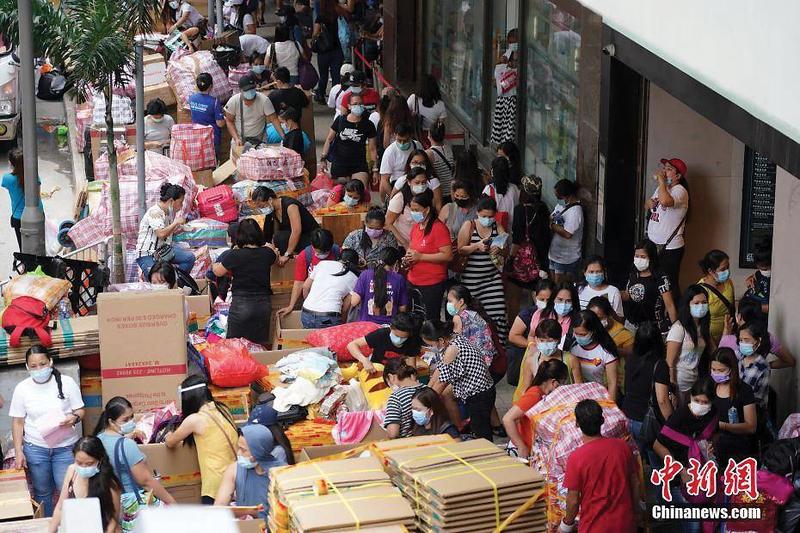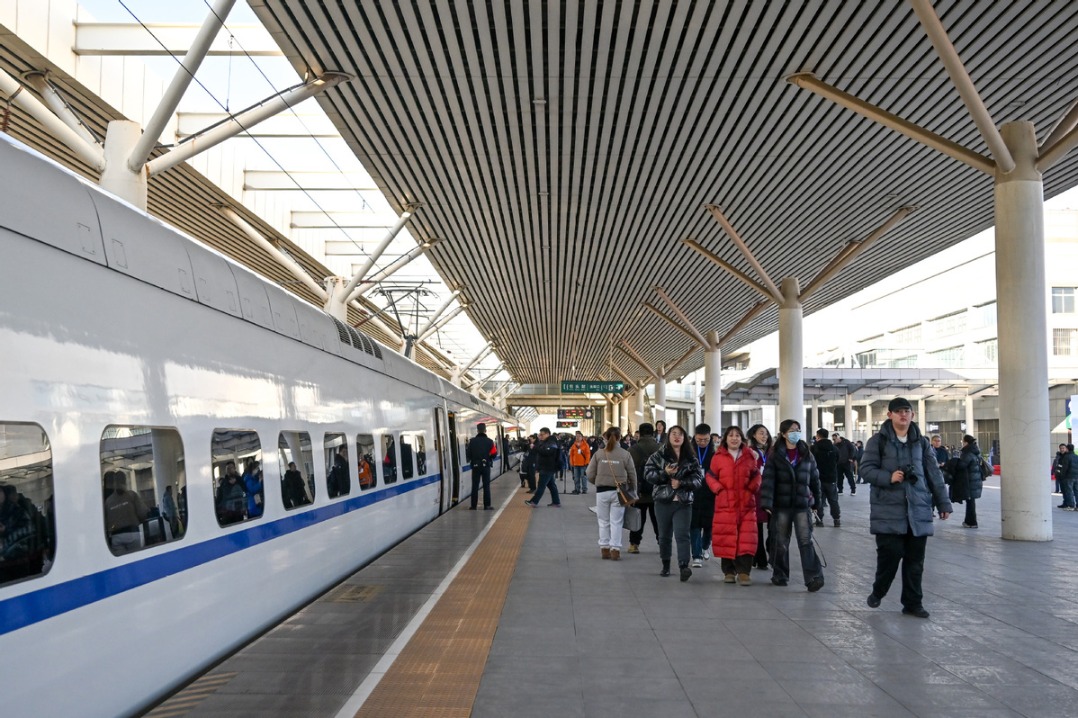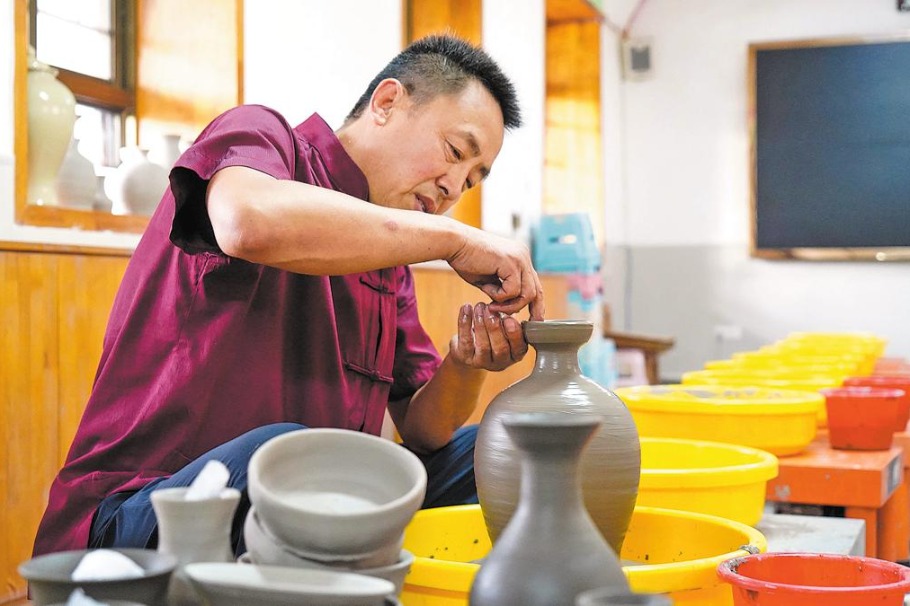Living on the breadline


Badly needed support
Amid financial and job insecurity, however, "they can barely find a person who is impartial and helpful and can put their hearts at ease", said Mahee Leclerc, general manager of HelperChoice. "It's awkward for them to talk about it with their employers. They don't want to discuss it with their friends either for fear their friends might have a vested interest in their finances. It's also uncomfortable for them to raise the problem with their families who might force them to make some financial decisions, or they just don't want to make their families worry."
Apart from financial problems and being jobless, domestic workers are worn out physically and mentally due to mounting workloads as children are cooped up at home, creating extra work for them. Although, sometimes they were not told to do extra work, they felt obliged to do it and this is "implicit stress", Wijesinghe said.
"Even on their days off, some workers had to heed their employers' advice to stay at home to avoid being infected by or spreading the coronavirus," Leclerc said. Gathering with friends once a week is the most treasured social time for the workers but, in many cases, they have been deprived of this due to the public health crisis. Living with their employers almost every day instead of taking holiday breaks on Sundays has deepened their stress, she said.
Intervention is badly needed to prevent a repeat of tragic incidents, such as the case of a 44-year-old Filipino domestic worker who committed suicide in Yuen Long in April last year. Although the Hospital Authority provides mental health services for the public during the pandemic, it is inundated with requests from local residents and has to give priority to those with severe symptoms. Foreign domestic workers' needs were allegedly largely left unattended. "Sometimes, they just need an outlet or company to vent their frustrations. That is where our services come in," said Wijesinghe, referring to the group support and one-on-one counselling provided by HELP for Domestic Workers during the pandemic. The measures aim to prevent the mental stress of domestic workers from increasing and leading to irreversible consequences. "If needed, we will refer them to psychiatric services."
Such challenges are not new to Hong Kong's ethnic minority, but the pandemic has aggravated the situation, Wijesinghe said. Improving the well-being and seeking justice for domestic workers, as well as fomenting societal inclusiveness, have come a long way in Hong Kong. But discrimination against the ethnic minority is far from being eradicated.
Stigmatization and marginalization of foreign domestic workers remains a scar in Hong Kong society, and has manifested itself throughout the pandemic, said Karen Grepin, associate professor of public health at the University of Hong Kong, who recently researched the pandemic's impact on domestic workers and women. "They were singled out for compulsory testing although there is no evidence that domestic workers face a greater risk of contracting and transmitting COVID-19 than the general public," she said.
"The Hong Kong government has also ruled that only foreign domestic workers vaccinated in Hong Kong can travel between the city and the Philippines. The government has never mandated any similar policy on vaccines given in any other country, suggesting that maids are being specifically targeted," Grepin argued.
While Jota considers herself lucky that she hasn't experienced any humiliation in Hong Kong so far, her friends have. "A Filipino friend of mine was splashed with dirty water by a vendor when she bought food at a street market. It's inhuman," she claimed.
Jota blames her meager wage for her financial woes. The government had raised the monthly minimum wage for foreign domestic helpers to HK$4,630 in 2019 from HK$4,520 the year before. "An increase of just HK$110 doesn't really help," she said. With the statutory minimum wage set at HK$37.5 per hour, Jota is upset that foreign domestic workers aren't being reasonably paid. "We are 24 hours on call but underpaid. We find ourselves being excluded and discriminated against in terms of income."
Foreign domestic workers have also been left out of the government's cash payouts to eligible Hong Kong residents, as well as the fiscal stimulus packages to prop up the local economy.
But to address the underlying problem of discrimination, maybe we should start with changing how the minority group is termed. "We could refer to the minority group as 'migrant domestic workers' instead of 'foreign domestic workers'," Wijesinghe suggested. The subtle change will send a positive message that the minority community's problems are not foreign to Hong Kong.
- Consumer complaints rise over AI customer service failures
- Zhejiang authorities probe death of child in hospital
- China moves to reduce childcare costs
- High-altitude discovery sheds light on early settlers of Qinghai-Tibet Plateau
- Beijing seminar studies legal systems of Francophone countries
- Approved private vehicles now permitted direct access to Hong Kong





































